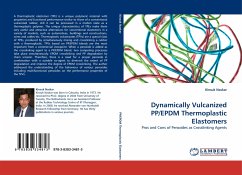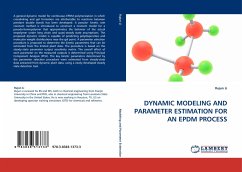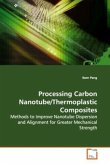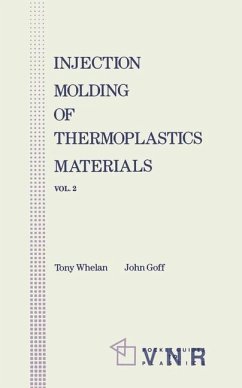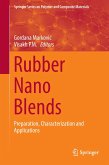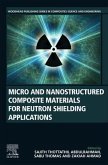A thermoplastic elastomer (TPE) is a unique polymeric material with properties and functional performance similar to those of a conventional vulcanized rubber; still it can be processed in a molten state as a thermoplastic polymer. The unique characteristics of TPEs make them very useful and attractive alternatives for conventional elastomers in a variety of markets, such as automotives, buildings and constructions, wires and cables etc. Thermoplastic vulcanizates (TPVs) are a special class of TPEs, produced by simultaneously mixing and crosslinking a rubber with a thermoplastic. TPVs based on PP/EPDM blends are the most important from a commercial viewpoint. When a peroxide is added as the crosslinking agent to a PP/EPDM blend, two competing processes take place simultaneously: EPDM crosslinking and PP degradation by chain scission. Therefore, there is a need for a proper peroxide in combination with a suitable co-agent to diminish the extent of PP degradation and improve the degree of EPDM crosslinking. The author addressed the understanding of the behaviour of various peroxides including multifunctional peroxides on the performance properties of the TPVs.
Bitte wählen Sie Ihr Anliegen aus.
Rechnungen
Retourenschein anfordern
Bestellstatus
Storno

